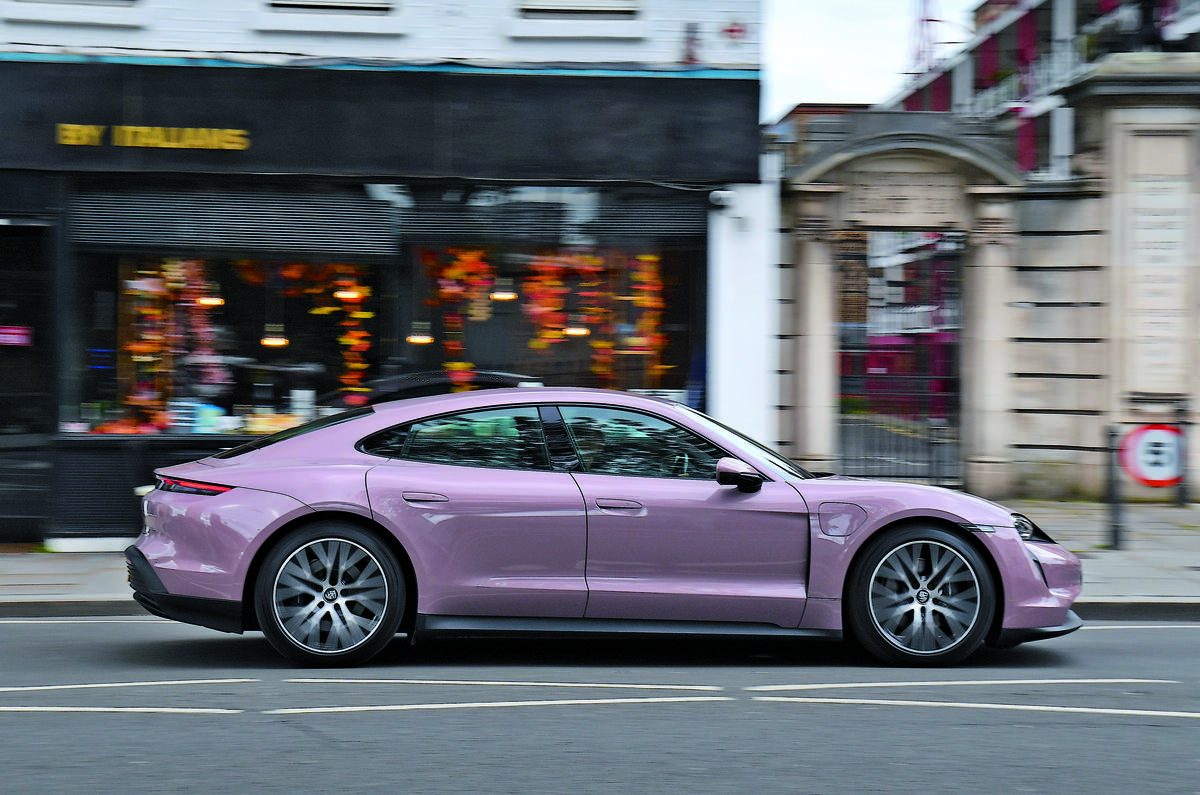Porsche is preparing for a world that buys fewer of its cars, especially its EVs, but is hoping to keep its position as a profit powerhouse by selling more higher-priced models.
The German brand has long been a key cash generator for the wider Volkswagen Group, thanks to high profit margins, particularly on its 911 sports car and its SUVs. However, in the three months to the end of September, its stellar operating margins slipped to 11% from 17% the quarter before. Profits tumbled below the €1 billion mark to €974 million (£812m) in the quarter for the first time in at least 10 quarters.




Add your comment